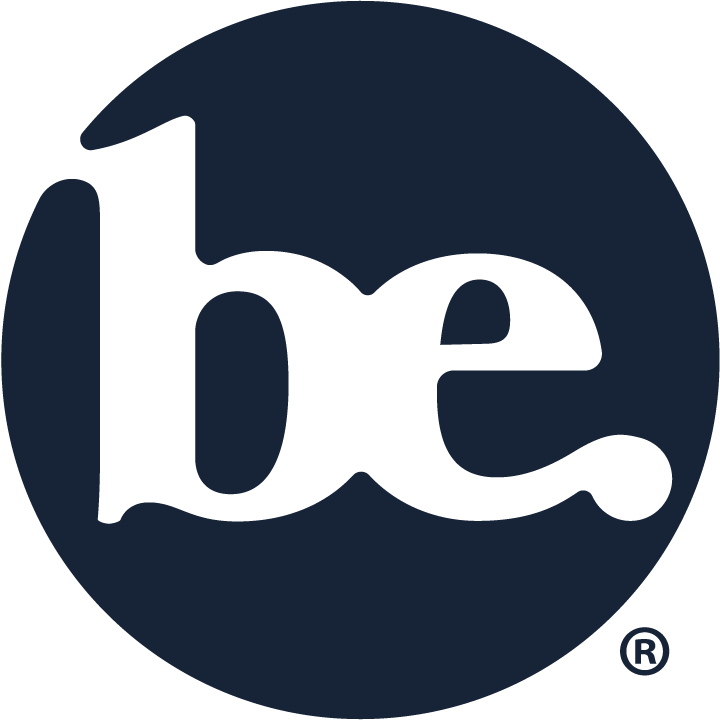Using Your Tax Refund as a New Home Resource
Tax benefits for new and current home owners
It’s that time of year again. April 15 is just two weeks away and its time to finish up those federal taxes.
Despite all the big changes in the tax code this year, the mortgage interest deduction remains in effect. Most homeowners can deduct all of their mortgage interest. The Tax Cuts and Jobs Act (TCJA), which is in effect from 2018 to 2025, allows homeowners to to deduct interest on home loans up to \$750,000
A home purchase has tax benefits that could potentially make owning a home quite profitable. Consult a financial advisor or accountant to fully understand the benefits and opportunities.
First time home ownership significantly affects your tax situation and your overall financial picture.
Refunds average around \$3,000 for individual taxpayers. If you anticipate a refund this year, think about making it a wise investment in your home.
Here’s a few ways to use that small spring windfall to unleash a torrent of future wealth through home ownership:
- Build down-payment savings: Whether it’s a few hundred or several thousand dollars, think about depositing your refund into a down-payment savings account. The more you can put toward that initial payment, the less you have to borrow, and the lower your monthly payments. Tax refunds are relatively small for most people. Saving two or three years’ worth of refunds - along with monthly discretionary cash savings – can build a nice nest egg.
- Get closer to closing costs: Not all costs are listed in the list price. A new home buyer typically pays between about 2 and 5 percent of the home purchase price in closing fees. The amount varies widely depending on where you live. Make sure you know where your state stands.
- Lower your interest rate: Did you know you can buy down your interest rate by paying more upfront at closing? A "point" equals one percent of the loan. If you are borrowing $200,000, paying one discount point would mean paying $2,000 upfront at closing — but it may end up saving you more in interest payments over the life of the loan.
- Pay down debt: If you are having trouble qualifying for a mortgage due to a high debt to income (DTI) ratio, the best course of action might be using your return money to pay it down!
- Current Homeowners: We didn’t forget you! Sink a little cash into home improvements or regular maintenance. Even small improvements like replacing cabinet hardware, a new coat of paint or sealing the driveway can nudge your home value and enhance bids when and if you decide to sell.
